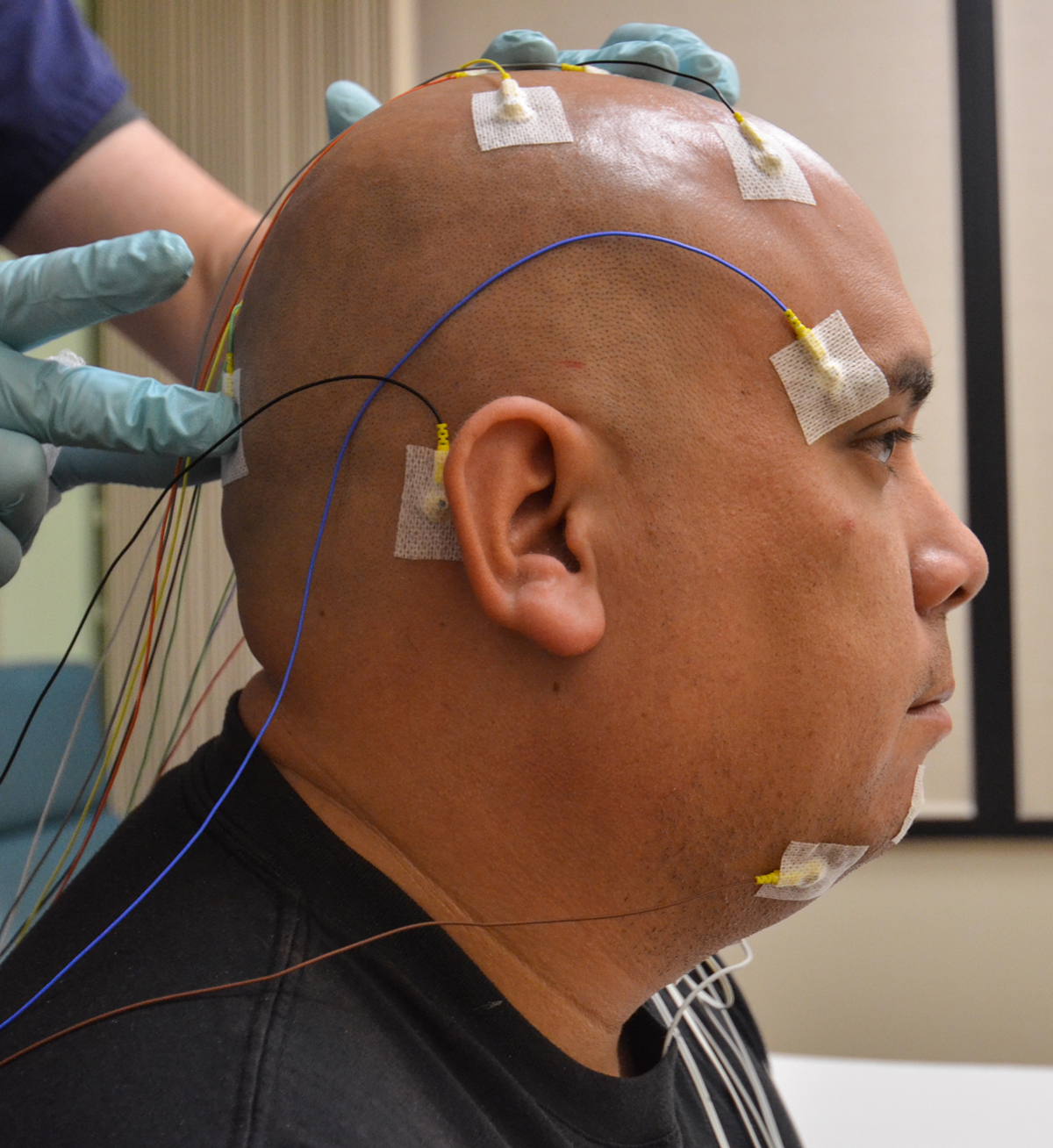
Sleep Disorders in General
There are numerous sleep disorders which may affect your life. Most of them have different causes and ways of possible treatment. Therefore, it is good to know the symptoms of a sleep disorder, as well as its manifestation, in order to be able to do away with it.
Most Common Sleep Disorders
One of the most common sleep disorders is insomnia. It is a condition under which a person is unable to fall asleep when supposed to. Depending on the frequency of appearance, there are several types of this condition. Firstly, there is a situational insomnia. This, basic type, manifests itself during stressful periods of a person's life, regarding school, expectations, personal troubles and issues etc. Burdened by these problems, a person is unable to sleep until they are solved. On the other hand, chronic insomnia strikes when a person has not been able to sleep for a period of three months or more.
Sometimes, during sleep, some of us do not breathe for periods of ten seconds repeatedly. This is due to a condition called sleep apnea. Manifested through snoring, restless sleep, drowsiness during the day and some other daily fatigue symptoms, this condition is more common with men than with women. Finally, there may be causes by either air obstructions by other organs or one's brain not sending proper breathing signals to a person's body. The first one takes place in the throat and the surrounding speech organs, diagnosed upon a person's visit to the doctor.
Next comes narcolepsy. This sleep disorder causes a person to fall asleep or in a trance during regular daily activities. A narcoleptic usually has sufficient night sleep, therefore making the reasons behind this condition a mystery yet to be deduced. It may happen once or numerous times during a person'slife.
Restless leg syndrome and periodic limb movement disorder add on to the list of sleep disorders often going hand in hand. The first one manifests itself through inability to sleep due to nervousness and “needles and pins” sensation in one or both legs. The latter involves twitching of limbs during sleep. The first one tends to go with the latter while this is hardly the casevice-versa.
Another disorder, sleep walking, needs no further explanation except that it mostly affects children. Further more, night terrors, causing one to wake up screaming or gasping for air, terrified by his or her dreams also belong to thislist.
Finally, lifestyle issues may greatly influence your sleep patterns, making them unhealthy. Going to sleep late, exhaustion, anxiety and many other bad lifestyle habits all influence your sleep. Working night shifts or suffering from jet lag due to often air travel through different time zones, belong to this group as well.


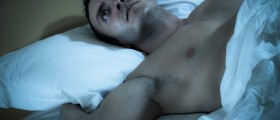
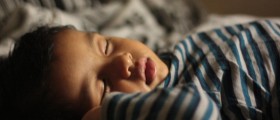
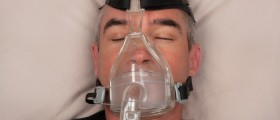

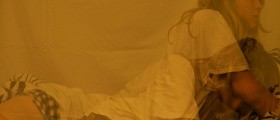
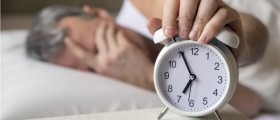
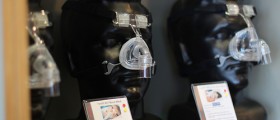

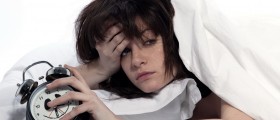




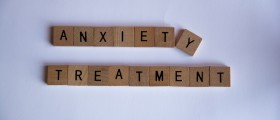
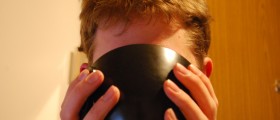
Your thoughts on this
Loading...